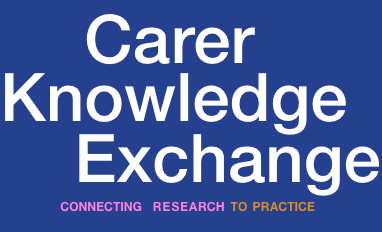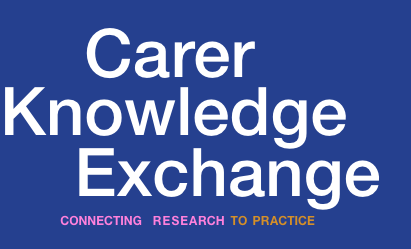Research Library
The Carer Knowledge Exchange Research Library is a collection of recent Australian publications and other resources that contain reliable research about family and friend carers. It is constantly being added to, and you can suggest research to be included here.
There are two main ways to use the Research Library. The first is to search using the fields below. The second is to browse by category lower down the page.
For help using the Research Library, click here.
Please also see our Frequently asked questions page.
The publications in this research library may contain references to sensitive issues and cause distress. If you or someone you are with is in immediate danger, please call 000. If you feel upset or are in distress, you can contact Lifeline, 24 hours a day, 7 days a week by phoning 13 11 14 or texting 0477 13 11 14. For other information on support for carers please visit our support for carers page.
-
Add your research
Is something important missing from the Research Library? Share your research or suggest research by another author using our submission form. For more information about how to create an account click here and for more information about how to upload a publication to the research library click here.
My Research
Your Results
Filter my Results
Use the ‘filter my results’ function to further refine your search results. If you would like to start a new search, please use the ‘search for a resource’ function above
Your search has returned 2 results
-
27.2.2014
The recovery framework as a way of understanding families' responses to mental illness
Robert Bland
Personal recovery is a mental health principle which suggests that individuals own and are responsible for their own recovery. In this framework, the role of the family is more in recovery-oriented support.
-
19.7.2021
Relational recovery for mental health carers and family
Robert Bland, Jastine Barratt, Rowena Jonas
This study aimed to explore the relevance of a family-based recovery framework developed by the authors that uses the CHIME (Connectedness, Hope, Identity, Meaning and Purpose, and Empowerment) tenants of recovery from the perspectives of the consumer, the family role of providing recovery-oriented support and own recovery.



